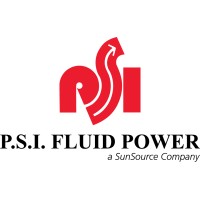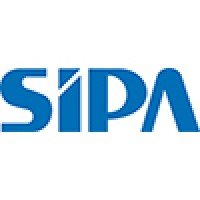
PSI Fluid Power Ltd.
P.S.I. Fluid Power Ltd. is an industry leader providing superior hydraulic components and service to our customers for over 50 years. PSI's commitment to quality combined with excellent service has resulted in the company becoming one of Canada's largest and most trusted distributors of hydraulic components, electrical controls, and specialized fire suppression systems..






